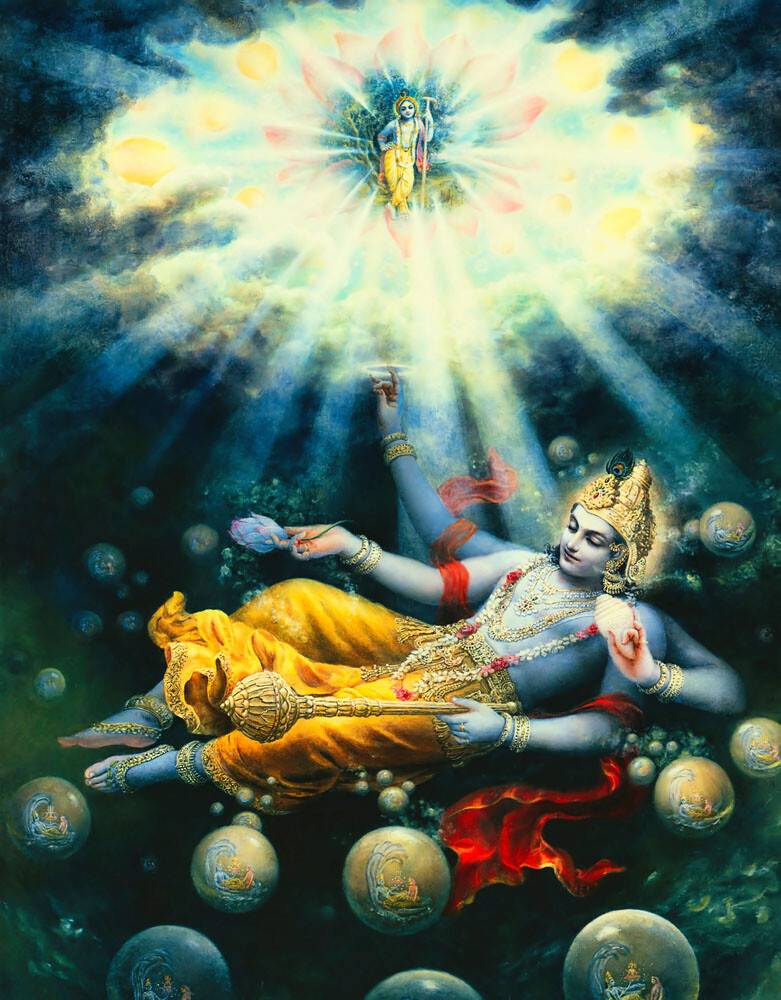"Sailing the Philosophical Sea: An Insight into Madhvacharya's Profound Teachings"
Explore Madhvacharya, a pivotal figure in Hinduism, known for his dualism philosophy and founding the Brahma Sampradaya sect.

Madhvacharya, a significant philosopher and saint from India, is renowned for his Dvaita Vedanta, or dualistic interpretation of Vedanta philosophy. Born in the 13th century in Pajaka, a small village in Karnataka, Madhvacharya showed signs of spiritual greatness early in life. He devoted his life to studying the Vedas and Upanishads, resulting in a deep understanding of Hindu philosophy and spirituality. During his lifetime, he authored 37 works on Dvaita Vedanta, which continue to guide the followers of this school of thought.
The essence of Madhvacharya's philosophy is the dualistic interpretation of reality, wherein he posits a clear and categorical difference between the individual soul (Jiva) and the supreme God (Vishnu). Unlike Advaita Vedanta, which proposes non-difference between the individual and the divine, Madhvacharya's Dvaita Vedanta upholds the eternal and fundamental distinction between the two. It emphasizes the dependence of the individual soul on the divine for liberation and spiritual progress.
Madhvacharya's impact on Hinduism and Indian philosophy is immense. His teachings have formed a solid foundation for the Madhva sect, which continues to thrive in several parts of India today. Madhvacharya's philosophy also provides a distinct perspective on the Upanishads and Bhagavad Gita, offering an alternate understanding of these sacred texts. The philosophy of Dvaita Vedanta enlightens countless individuals on their spiritual journey, helping them understand and experience the divine in a unique way.
Even centuries after his departure from this world, Madhvacharya's teachings hold an essential place in Hindu philosophy. They continue to inspire and guide countless spiritual seekers, enriching their understanding of the divine and life's ultimate purpose. Madhvacharya's life and philosophy are a testament to the rich diversity of thought within Hinduism, reminding us of the many paths to spiritual growth and ultimate liberation within this ancient tradition.




